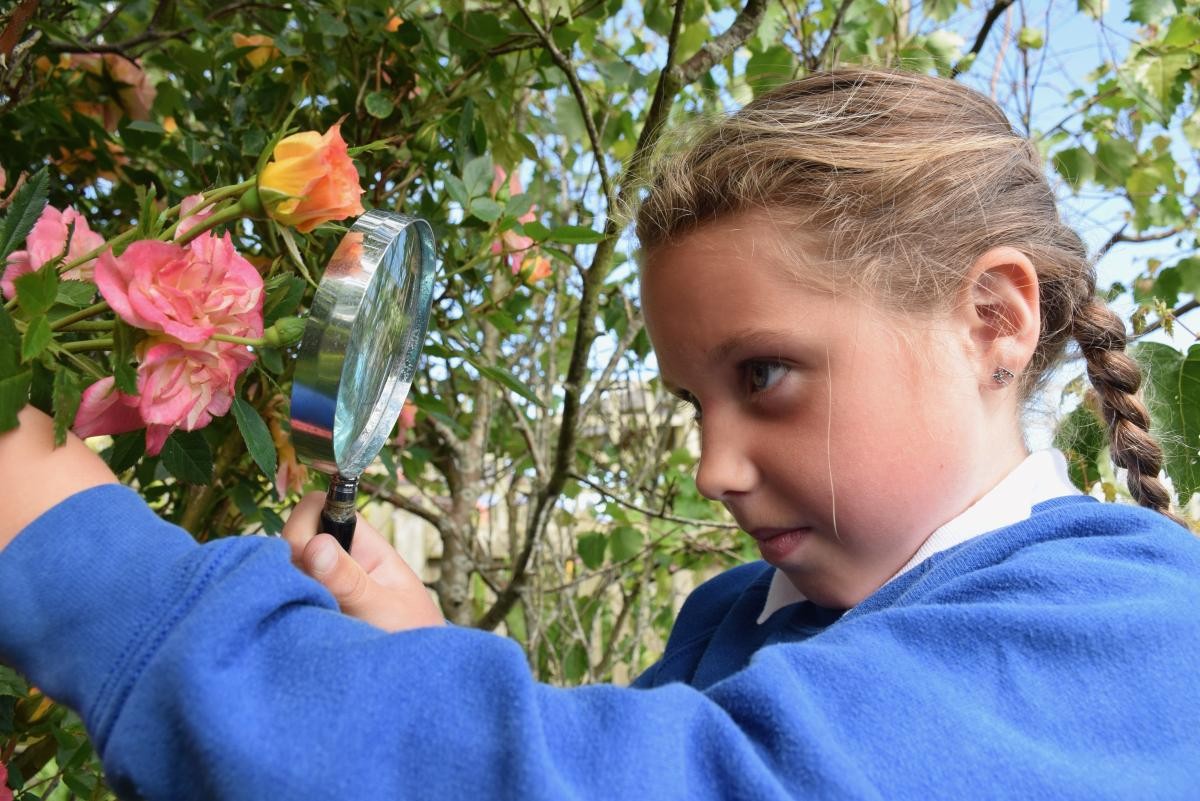A Vision for Science at Tintagel School
At Tintagel, we want every child to feel like a scientist. Science lessons are all about sparking curiosity, encouraging children to ask “why?” and giving them the chance to explore the world around them. Through questioning, predicting, experimenting and drawing conclusions, children build a strong understanding of scientific ideas in line with the National Curriculum, while also developing the confidence to think for themselves and share their discoveries with others.
Our Learning Toolkit supports this journey, with the eight learning dispositions helping children to approach science with enthusiasm and resilience. Whether it’s working together to plan an investigation, showing perseverance when something doesn’t go as expected, or reflecting on how to improve their ideas, our pupils are constantly practising the skills that make them creative and confident learners. These habits give them the foundations not only to succeed in science, but in every area of school life.
We also believe that science should be hands-on and connected to real life. That’s why we make the most of learning outside, exploring our school grounds, our local environment and the changes we see in nature throughout the seasons. By exploring the natural world first-hand, observing changes across the seasons, studying habitats, or investigating forces in action, our pupils develop a deeper connection to their environment and a greater awareness of their place within it. Most importantly, they discover that science is about being curious, asking questions, and enjoying the thrill of finding out.
Aims
The National Curriculum for Science aims to ensure that all pupils:
- develop scientific knowledge and conceptual understanding through the specific disciplines of biology, chemistry and physics
- develop understanding of the nature, processes and methods of science through different types of science enquiries that help them to answer scientific questions about the world around them
- are equipped with the scientific knowledge required to understand the uses and implications of science, today and for the future.

